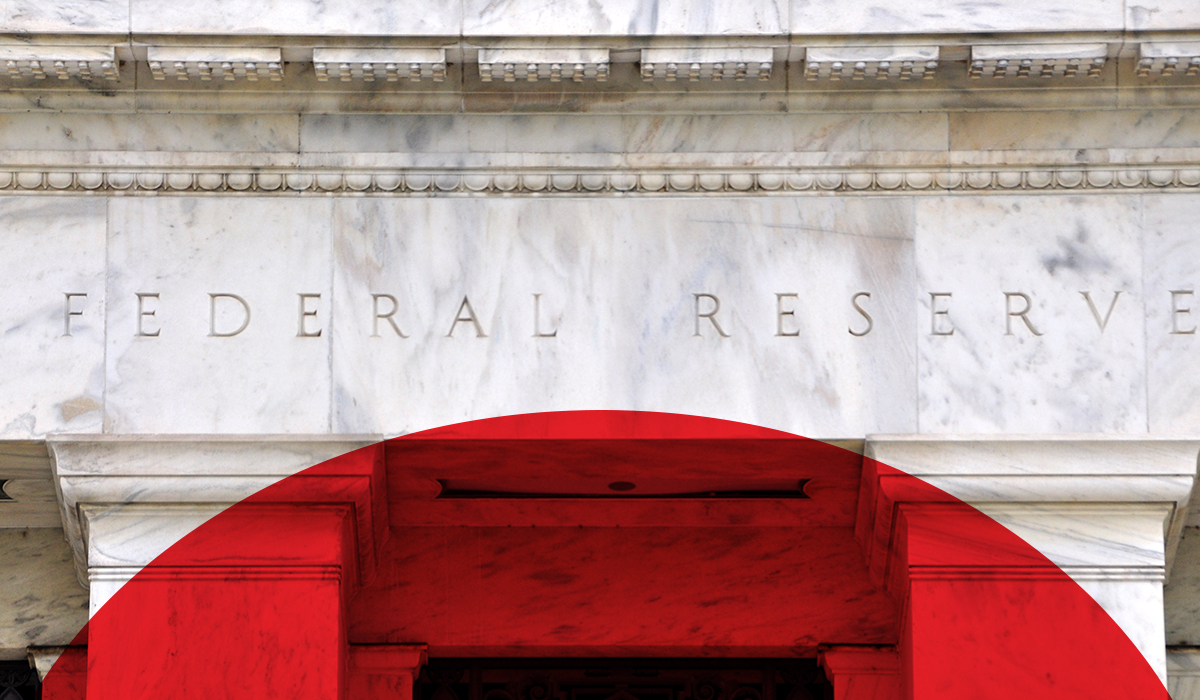Now Reading: New York Fed President Williams on the state of the economy, MBS portfolio strategy
-
01
New York Fed President Williams on the state of the economy, MBS portfolio strategy
New York Fed President Williams on the state of the economy, MBS portfolio strategy

John Williams, the president of the Federal Reserve Bank of New York, has acknowledged a decline in business and consumer confidence due to uncertainty surrounding trade and fiscal policies, even though this is yet to be reflected in actual economic data. Consequently, he foresees a slowdown in the U.S. economy this year.
Williams described the first quarter of 2025 as “unusual” due to significant trade-related movements, with consumers and businesses increasing imports in anticipation of higher tariffs.
Speaking at the Mortgage Bankers Association’s conference in New York City, Williams emphasized that despite the first-quarter fluctuations, there is still strong underlying economic growth evident in the data up to April, which is encouraging. He highlighted the prevailing uncertainty surrounding trade, geopolitical events, and fiscal policies, which is causing concerns among businesses, households, and markets.
The Federal Reserve’s decision to maintain benchmark interest rates between 4.25% and 4.5% after its meeting on May 7 was widely anticipated. Williams noted a shift in business surveys from optimism to concerns, particularly regarding tariffs, while household confidence has decreased based on the New York Fed’s survey, with increased worries about unemployment.
Williams mentioned that although monetary policymakers may consider lowering interest rates in response to sentiment shifts, they need to see this reflected in concrete data, which could take time given the current cautious stance of many businesses and households.
Despite expecting an economic slowdown this year compared to the previous year, Williams ruled out the possibility of a recession in 2025. He highlighted the strong labor market, with the unemployment rate at 4.2%, close to what is considered full employment by most economists.
Regarding inflation, Williams pointed out a gradual easing, slightly above the Fed’s 2% long-run target, while delinquency rates for credit cards and auto loans are returning to more typical levels following the end of pandemic-era stimulus programs.
In terms of the mortgage market, Williams stated that the Fed will continue reducing its holdings of mortgage-backed securities in a predictable manner that the markets can accommodate. He noted the ongoing reduction of the MBS portfolio by $15 billion to $20 billion per month and emphasized the attractiveness of the U.S. economy to global investors despite recent market volatility.
Williams also acknowledged the imbalance between supply and demand in the housing market, leading to affordability challenges. He highlighted the need for state and local officials to address this issue and create more housing supply to meet the evident demand.



